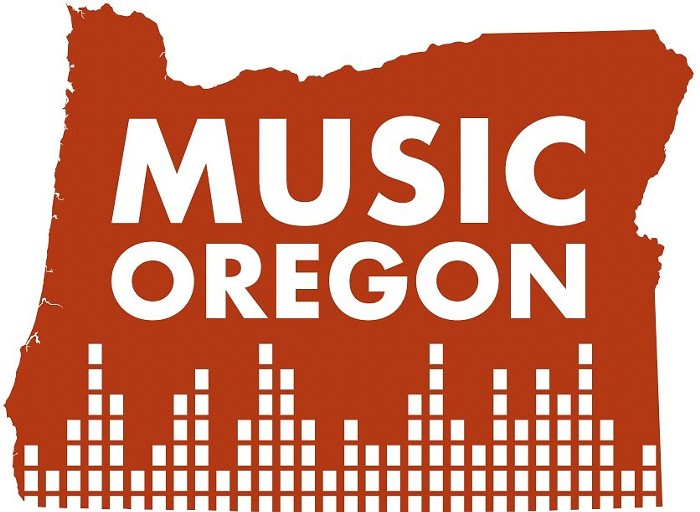Sat Sept 11
Disjecta
116 NE Russell
The endless prediction of immanent destruction has become integral to hardcore, heavy metal, and rap. But what really made a song like Public Enemy's "Burn Hollywood Burn" so memorable wasn't the harshness of the emotion, but the subversion within the music. Built out of sirens, explosions, and glitz, the beats echoed the stomach-churning quick edits and cheap thrills of the movies that Chuck D was railing against, and it was easy to identify with him. Seattle's Shoplifting are one of the first bands in a long time that have used familiar sounds in order to recall and point out the crimes of their enemies.
Their songs deal with power--from the multi-tiered structures and agents that keep us in line to the violence of sexual assault. There have been many approaches to discussing that oppression, but very few have connected their musical gesture so completely to the lyrical content. There is much violence and struggle bound up in these three-minute songs, but it isn't that same "everything falling apart" aesthetic of the past. Both songs on their debut single are cut through with a steady drumbeat, a monotony that feels like marching cops or endless miles of traffic. The guitar and bass cut in and out over that rhythm--the constant invasion of bosses, parents, predators--and by the second minute of "Talk of the Town," I feel paranoid and chased, waiting breathlessly for the next attack.
But an escape is held in the vocals, along with the redemption from hopelessness. A handful of dissatisfied voices--male and female--almost petulantly voice their opposition, sneering at the firing squads and slipping out of handcuffs. They don't promise victory or even suggest the possibility--they just declare their own refusal and promise to try something different. It's a refreshing stance and maybe the only one that will change anything--and at the very least, it's tremendously inspiring when compared to the hopeless indignation of the other bands discussing the same topics.


















